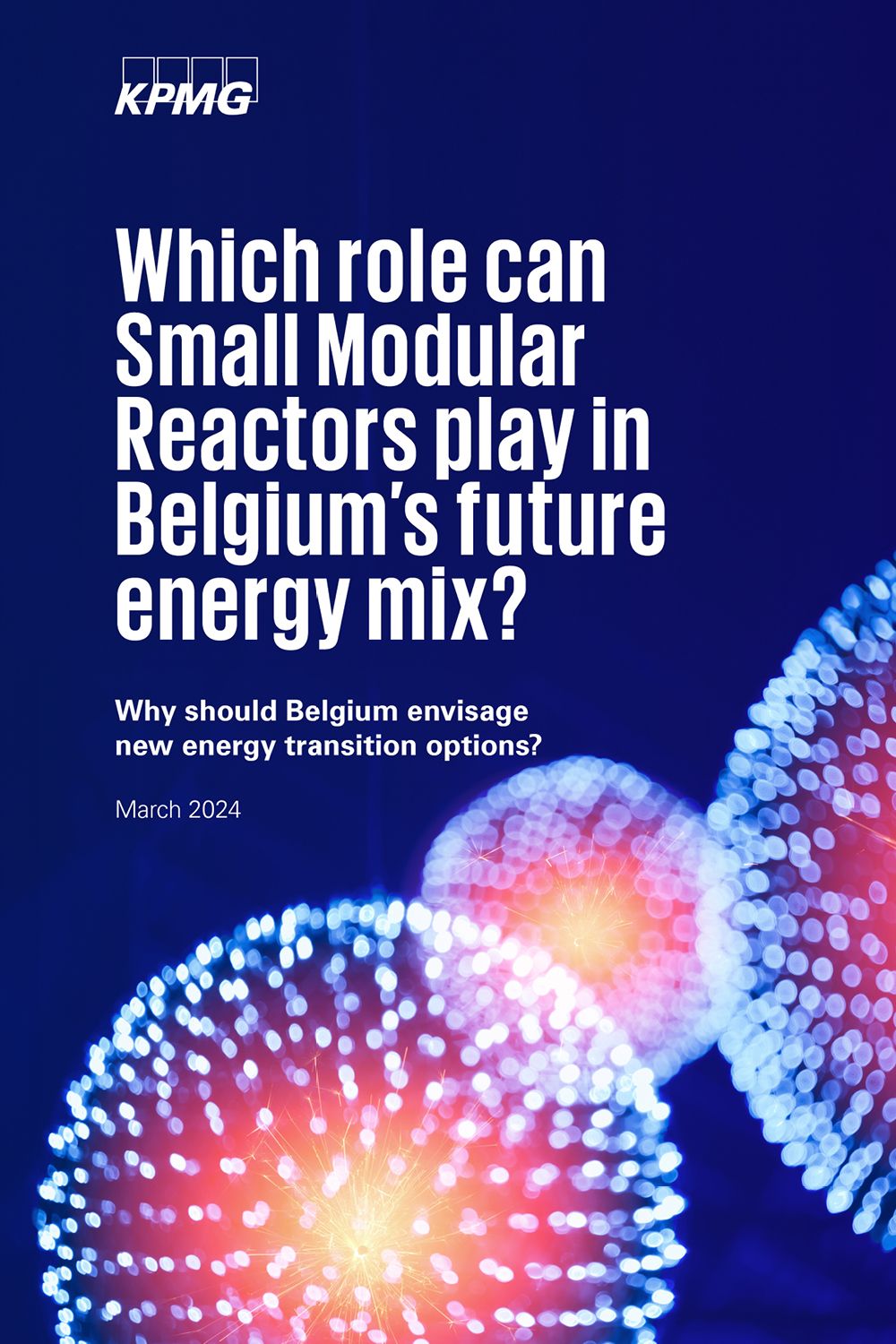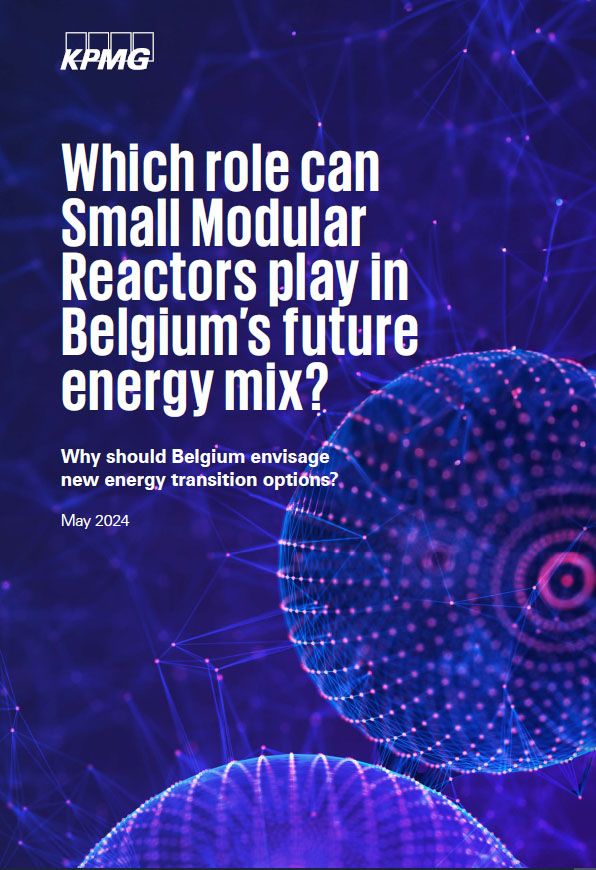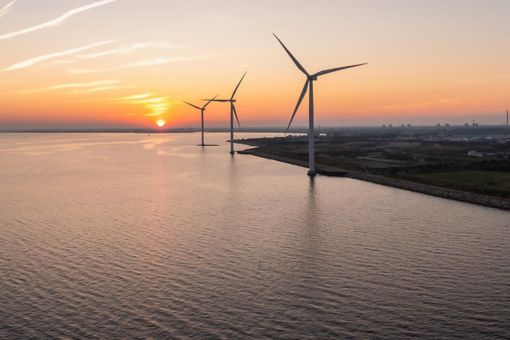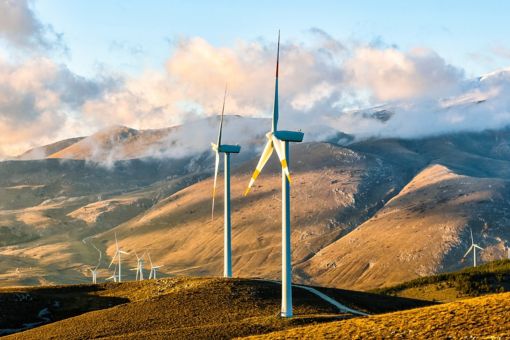Belgium, like many countries, is committed to transitioning to net zero emissions and embracing a sustainable energy future. The Belgian government has set ambitious goals to reduce greenhouse gas emissions and increase the share of renewable energy sources in its energy mix.
Belgium aims to achieve carbon neutrality by 2050, meaning that the country's total greenhouse gas emissions will be balanced by removing an equivalent amount of carbon dioxide from the atmosphere.
Today’s societal dialogue on decarbonization focuses largely on electricity – which accounts for only 77 TWh out of the total Belgian final energy consumption of 429 TWh – and does not address the most difficult issue, namely industrial decarbonization.
Since the Belgian energy demand exceeds the potential of local renewable energy production (about 132 TWh), the current plan towards net zero is heavily reliant on energy imports, weighing on security of supply and increasing the risks of industrial delocalization.
This document aims to open a reflection on how Small Modular Reactors (SMRs) could transform the Belgian energy landscape by addressing the toughest challenges of the 21st-century energy market, namely flexibility to accommodate intermittent production, a stable and reliable low-carbon baseload profile, the production of hydrogen and high temperature heat and GWh scale storage to facilitate industry decarbonization.
Recent progress in licensing, financing, and technological developments confirms that several commercial grade SMRs are on track to be delivered between 2027 and 2029 in North America.
Our objective with this report is not just to present a perspective on the significance Small Modular Reactors can have in Belgium's upcoming energy mix, but also to provoke discussion and inspire our readers to explore new energy transition options. In today's era, where security of energy supply, affordability, and consideration for the environment, have rightly become focal points for all those involved, the choices we make today will undoubtedly shape our future.
As the energy landscape in Belgium continues to evolve, it's more important than ever to explore innovative solutions to the challenges we face in meeting our decarbonization goals and providing reliable, affordable energy to the country. Small modular reactors could have the potential to meet these challenges and we want to open the discussion with industrial leaders, nuclear experts, governments, and other parties to explore the many opportunities and possibilities presented by this exciting technology.
Reaching carbon neutrality will require all clean energy solutions available. SMR technologies can be an essential component to meeting the needs of the industry in the next decade. And that starts with mature water-cooled SMRs that can be deployed before 2035.
The chemical and life sciences industry stands as Belgium's largest and most efficient industrial energy consumer. Secure access to competitive and low-carbon energy carriers is essential for its future existence in Europe during the transition to climate neutrality. Nuclear energy and SMRs could offer promising solutions in this perspective. Given the challenging developments in technology and cost that need to take place, policymakers must provide a robust regulatory framework to successfully integrate these technologies in Belgium's future energy mix. This starts with the urgent modification of the 2003 nuclear exit law.
Panel discussion
To discuss this topic further, we were proud to welcome Grégiore Dallemagne (EDF Luminus), Denis Dumont (Tractebel), Renaud Crassous (Nuward), Sergy Dauby (Belgian Nuclear Forum), Peter Claes (Febeliec), Yves Verschueren (Essenscia), Rudy Provoost (VOKA), Luc van Opstal (Ineos Inovyn), Thomas Bohner (John Cockerill, Energy Business) Mothi Sayeeram (KPMG UK), David Valenti (Thy Marcinelle) to a panel discussion on 20 March 2024. The discussion was moderated by Magali Vercammen, Energy Lead at KPMG in Belgium.
Watch the aftermovie below to hear from a few of our panelists.
Explore
Connect with us
- Find office locations kpmg.findOfficeLocations
- kpmg.emailUs
- Social media @ KPMG kpmg.socialMedia





